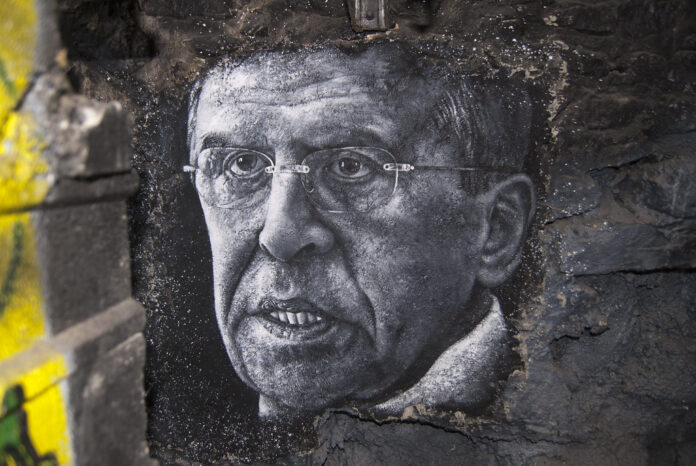Since Western sanctions came into full force, the lives of Russian citizens have changed. Moscow‘s shopping malls exhibit a parade of empty storefronts and closed shutters. McDonald’s, which had become customary hangout of the young people, has ceased operations, as has Ikea, which had economically modernized the apartments of Russian families. BP and Shell left the country as did Renault. This has led to the loss of thousands of jobs, which are difficult to recover.
Changes and sacrifices
The rich Russians who frequented Riga on weekends, the Las Vegas of the Baltic, with a quick 90-minute flight, now face the very tiring Moscow – Istanbul – Riga route, that is a 12-hour flight. Facebook, Instagram, the BBC and other websites have been blacked out, but in this case using a simple VPN can solve the problem. Dealing with Western information is a practice in which the super-expert propaganda of Soviet tradition is unrivaled.
The Kremlin propaganda
The strategy adopted by the Kremlin to impose increasingly greater sacrifices on the Russians is twofold: On the one hand, propagandizing the “liberation” of the “brothers” of the Donbass; on the other hand, protecting the security of the homeland and the historical mission of fighting Ukrainian neo-Nazism. In particular, this last point is the most blatantly specious and false.
While it is true that there are paramilitary groups in Ukraine that refer to Nazism, they are numerically insubstantial. Even assuming that they can count on 50,000 militants (a deliberately exaggerated figure), the figure is insignificant. This is even more evident considering that the entire Ukrainian population is around 40 million. It is clear that this is a ridiculous minority. Moreover, there are also neo-Nazi groups in Russia and even in some European countries and in the US.
Nazis and omissions
During searches of Ukrainian prisoners their bodies are closely examined in an attempt to find tattoos of hooked crosses and satanic symbols to demonstrate the spread of “evil” in Western society. Those who watch these images on TV do not know that these are statistically insignificant cases and ignore the basic principle of law that a citizen is criminally liable for what he does and not for what he prints on his skin. But ignorance facilitates propaganda.
Nevertheless, the denazification theme remains central to Kremlin propaganda because it allows the ongoing aggression to be linked with the celebration of the Great Patriotic War, an intangible founding myth of Soviet Russia.








